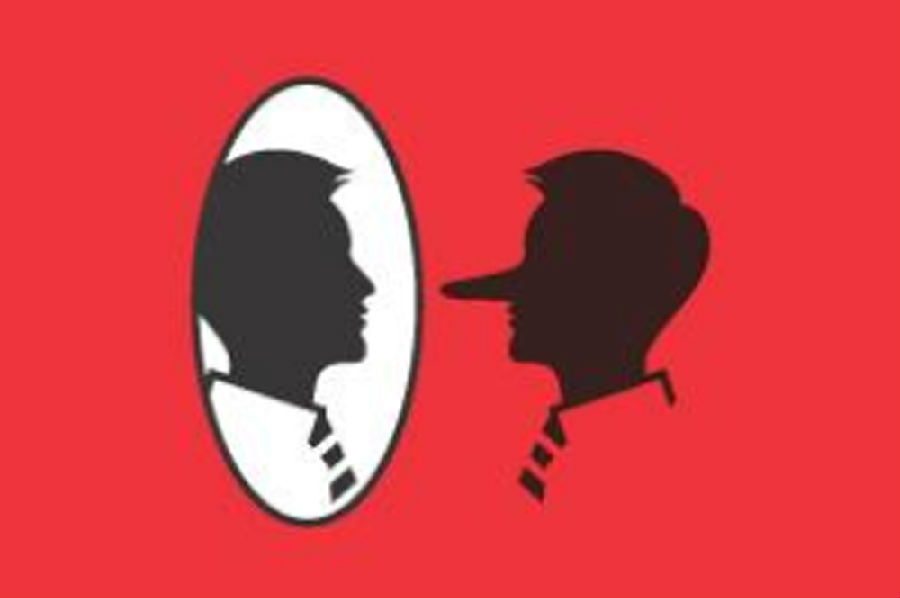The ubiquity of lying was first documented systematically by Bella DePaulo, a social psychologist at the University of California, Santa Barbara. Two decades ago DePaulo and her colleagues asked 147 adults to jot down for a week every instance they tried to mislead someone. The researchers found that the subjects lied on average one or two times a day. Most of these untruths were innocuous, intended to hide one's inadequacies or to protect the feelings of others. Some lies were excuses -- one subject blamed the failure to take out the garbage on not knowing where it needed to go. Yet other lies -- such as a claim of being a diplomat's son -- were aimed at presenting a false image. While these were minor transgressions, a later study by DePaulo and other colleagues involving a similar sample indicated that most people have, at some point, told one or more "serious lies" -- hiding an affair from a spouse, for example, or making false claims on a college application.

That human beings should universally possess a talent for deceiving one another shouldn't surprise us. Researchers speculate that lying as a behavior arose not long after the emergence of language. The ability to manipulate others without using physical force likely conferred an advantage in the competition for resources and mates, akin to the evolution of deceptive strategies in the animal kingdom, such as camouflage. "Lying is so easy compared to other ways of gaining power," notes Sissela Bok, an ethicist at Harvard University who's one of the most prominent thinkers on the subject. "It's much easier to lie in order to get somebody's money or wealth than to hit them over the head or rob a bank."












